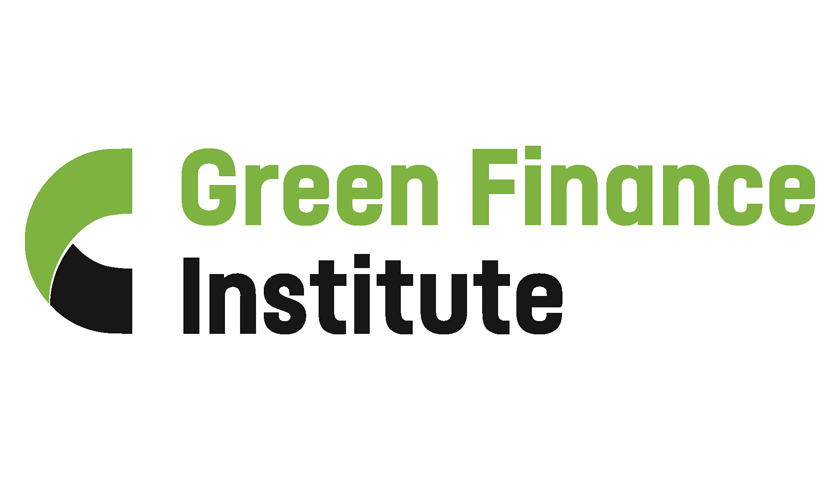The Green Finance Institute (GFI) and the Climate Bonds Initiative (Climate Bonds) have recently announced the launch of the Global Property Linked Finance Initiative (GPLFI) during Climate Week New York City. This landmark initiative aims to scale Property Linked Finance (PLF) into a globally recognised asset class capable of unlocking billions in private capital for net-zero and climate-resilient buildings.
PLF is a proven, innovative, financing mechanism that links repayments to the property rather than the owner, enabling long-term, affordable finance for building upgrades and overcoming the barrier of prohibitive upfront investment and long payback periods. Already proven in the United States, where over $18 billion has been mobilised through Property Assessed Clean Energy (PACE) programmes, PLF offers a secure, low-risk investment opportunity for capital markets while overcoming key barriers to retrofit and resilience at scale. PLF is already an active market in Canada and Australia, with emerging pilots in the UK and Spain.
Despite this progress, existing PLF markets have developed in isolation over the past decade, leading to fragmentation and a lack of shared standards. The GPLFI seeks to unify the global PLF markets and accelerate deployment timelines. The GPLFI will provide technical support to develop PLF solutions and provide the financial tools to help early adopters scale solutions.
The built environment is responsible for 37% of global carbon emissions and 34% of energy demand, yet current financing models are failing to meet the scale and urgency of investment required. To meet net-zero and resilience goals, $34 trillion[1] must be invested into global building stock by 2050. Current financing models are insufficient, and traditional finance has been slow to address the complexity and scale of energy-efficiency and resilience investments. According to the IEA, in 2023, annual investment in building energy efficiency was just $244 billion – a decline of 4.43% from the previous year.
Emma Harvey-Smith, Managing Director at the Green Finance Institute and Co-Chair of the GPLFI, said:
“Property Linked Finance has already demonstrated its ability to unlock billions in sustainable investment in several different markets. Through the Global Property Linked Finance Initiative, we are working with partners across the world to lay the foundations for a new global asset class, creating the frameworks, technical assistance and finance vehicles needed to unify fragmented markets and accelerate capital flows into net-zero and climate-resilient buildings everywhere.”
Ina Hoxha, Chief Investment Officer & Deputy CEO at Climate Bonds Initiative, said:
“Property Linked Finance has the potential to transform how we fund the decarbonisation and resilience of the building sector globally. By harmonising standards and scaling this proven mechanism internationally, the Global Property Linked Finance Initiative will unlock much-needed capital flows, accelerate market development, and provide investors with a new, credible asset class to support the net-zero transition.”
The initiative’s first major output, the PLF Principles, is released today in beta form for consultation. These principles define the core characteristics of PLF solutions across jurisdictions, promoting transparency, integrity and best practice. The consultation will run through October, culminating in the formal launch of the Principles during COP30 in November 2025.
GPLFI, launched at an event hosted in New York today, will be delivered in three phases:
- PLF Principles and Pathways: Through a global advisory group, the GPLFI is developing the tools for countries to understand PLF and demonstrate practical pathways to launch markets.
- PLF Political Momentum: Building ministerial-level support to align national markets with PLF frameworks and commit to developing national PLF markets at COP31.
- PLF Accelerator and Capital Markets Vehicles: Providing tailored technical assistance and capital markets tools to scale PLF in both mature and nascent markets.
The GFI has been pioneering PLF markets in the UK, Spain and beyond, including the publication of the 2024 “greenprint” report for UK PLF, developed in partnership with Natwest and Lloyds Banking Group, which outlined how PLF could unlock £52–70 billion in private investment to retrofit Britain’s inefficient housing stock. The UK is now taking steps to develop its own market and pilot opportunities are being pursued. In Spain, the PACE Canon is an emerging adaptation of PLF being developed by GFI España which leverages a dormant legal framework and is replicable across EU and Latin American markets.
The GPLFI is co-chaired by GFI and Climate Bonds Initiative, with support from advisory group members Amalgamated Bank, C-PACE Alliance, C40, Global ABC, IIGCC, Laudes Foundation, Lloyds Banking Group, PLF Accelerator (Australia), RICS, WorldGBC and independent members including Kristina Klimovich and Prashant Kapoor.
[1] Based on A&O Shearman / Climate Policy Initiative 2024 figures: ‘How big is the Net Zero financing gap?’,
